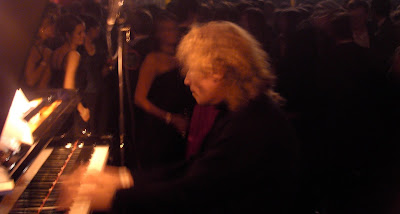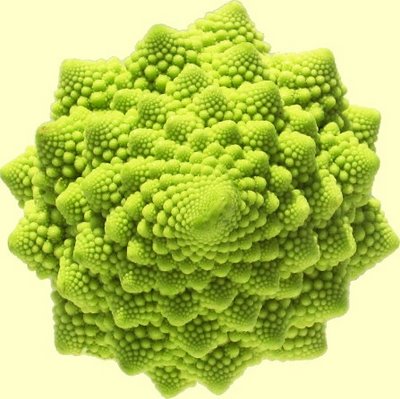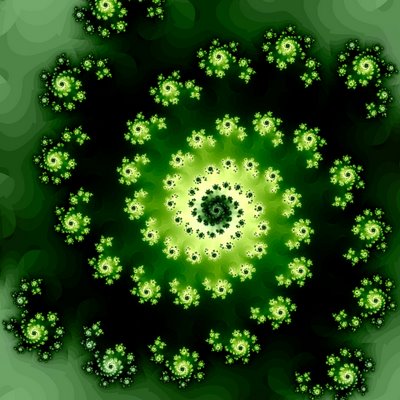
29.11.06
24.11.06
Enjoying the beauty off fractals - geometry of nature.


Abstract
Humans are endowed with cognitive modules specialised in processing information about the class of natural things. Due to their naturalness, fractal art and design can contribute to developing these modules, and trigger affective responses that are associated with certain natural objects. It is argued that exposure to fractals in an art and design context can tap these effects. This entails that such patterns are not only an artistic and creative tool, but develop different aspects of the human individual. Although fractal patterns could be relevant for different educative areas, exposure to fractals has particular urgency for art and design education because it could lead to more psychological receptivity for adopting rich formal grammars. This is valuable, given the fact that some current architectural design is difficult to harmonise with the workings of the human mind.
Out of Africa
Modern Humans
Fully modern human beings (Homo sapiens) evolved about 150,000 years ago in Africa and soon spread across the globe.16 With the advent of agriculture, about 23,000 years ago, humans began to gather seeds and cultivate crops to provide a more consistent food supply.17 Our ancestors occasionally killed animals for their flesh, but they still received most of their nutrition from plant sources. Until recently, only the wealthiest people could afford to feed, raise, and slaughter animals for their flesh. Consequently, prior to the 20th century, only the rich died from diseases like heart disease, obesity, and strokes. We humans are strange primates. We walk on two legs, carry around enormous brains and have colonized every corner of the globe. Anthropologists and biologists have long sought to understand how our lineage came to differ so profoundly from the primate norm in these ways, and over the years all manner of hypotheses aimed at explaining each of these oddities have been put forth. But a growing body of evidence indicates that these miscellaneous quirks of humanity in fact have a common thread: they are largely the result of natural selection acting to maximize dietary quality and foraging efficiency. Changes in food availability over time, it seems, strongly influenced our hominid ancestors. Thus, in an evolutionary sense, we are very much what we ate.
Fully modern human beings (Homo sapiens) evolved about 150,000 years ago in Africa and soon spread across the globe.16 With the advent of agriculture, about 23,000 years ago, humans began to gather seeds and cultivate crops to provide a more consistent food supply.17 Our ancestors occasionally killed animals for their flesh, but they still received most of their nutrition from plant sources. Until recently, only the wealthiest people could afford to feed, raise, and slaughter animals for their flesh. Consequently, prior to the 20th century, only the rich died from diseases like heart disease, obesity, and strokes. We humans are strange primates. We walk on two legs, carry around enormous brains and have colonized every corner of the globe. Anthropologists and biologists have long sought to understand how our lineage came to differ so profoundly from the primate norm in these ways, and over the years all manner of hypotheses aimed at explaining each of these oddities have been put forth. But a growing body of evidence indicates that these miscellaneous quirks of humanity in fact have a common thread: they are largely the result of natural selection acting to maximize dietary quality and foraging efficiency. Changes in food availability over time, it seems, strongly influenced our hominid ancestors. Thus, in an evolutionary sense, we are very much what we ate.

23.11.06
Exploring the new ways to communicate
20.11.06
Subscribe to:
Posts (Atom)







